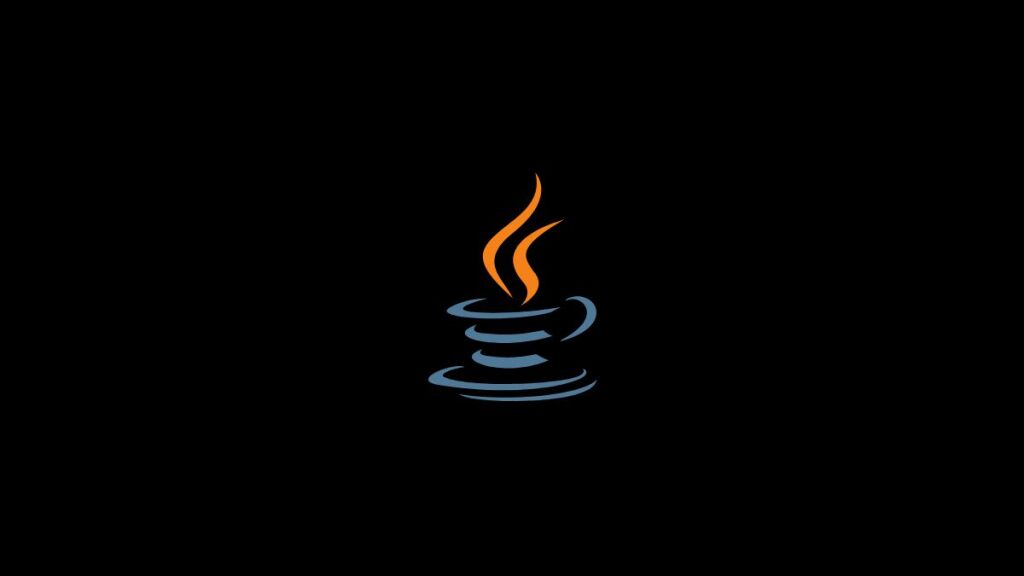JSON (JavaScript Object Notation) has become a widely used standard for data exchange between servers and clients in modern web and app development. It is preferred because of its simplicity, readability, and ease of parsing. Java developers often need to convert data structures, such as Maps, to JSON format. This article explains how Java Maps can be converted into JSON and provides a practical example. It also highlights the tools and libraries that can make this process easier.
Understanding Java Maps and JSON
Before diving into the conversion process, it’s essential to understand the two data structures involved:
- Java Map: A Map in Java is an interface that represents a mapping between a key and a value. It cannot contain duplicate keys; each key can map to at most one value. Maps are ideal for storing key-value pairs where the keys are unique.
- JSON: JSON is a lightweight data-interchange format that is easy for humans to read and write and for machines to parse and generate. JSON objects are written in key/value pairs and resemble JavaScript object literals.
The goal is to transform a Java Map, such as Map<String, Object>, where keys are String objects, and values can be various types, into a JSON string representing the same data.
Using the Jackson Library
One of the most popular libraries for handling JSON in Java is Jackson. It provides straightforward ways to convert Java objects to JSON and vice versa. To use Jackson, you’ll need to include its dependency in your project.
Adding Jackson to Your Project
If you’re using Maven, add the following dependency to your pom.xml:
<dependency>
<groupId>com.fasterxml.jackson.core</groupId>
<artifactId>jackson-databind</artifactId>
<version>2.12.3</version> <!-- Use the latest version -->
</dependency>For Gradle, include this in your build.gradle:
implementation 'com.fasterxml.jackson.core:jackson-databind:2.12.3'Converting a Map to JSON
With Jackson added to your project, you can now convert a Java Map to JSON with just a few lines of code:
import com.fasterxml.jackson.databind.ObjectMapper;
import java.util.HashMap;
import java.util.Map;
public class MapToJsonExample {
public static void main(String[] args) {
try {
// Create a Map
Map<String, Object> fruitMap = new HashMap<>();
fruitMap.put("apple", 10);
fruitMap.put("banana", 20);
fruitMap.put("orange", 30);
// Convert Map to JSON
ObjectMapper objectMapper = new ObjectMapper();
String json = objectMapper.writeValueAsString(fruitMap);
System.out.println(json);
} catch (Exception e) {
e.printStackTrace();
}
}
}This code snippet creates a simple map of fruit names to quantities, then uses Jackson’s ObjectMapper class to convert the map to a JSON string. The resulting JSON string is printed to the console, and you can expect output similar to:
{"banana":20,"orange":30,"apple":10}Note that JSON object properties are unordered, so the order of keys in the output might differ.
Alternative: Using the Gson Library
Another popular Java library for handling JSON is Gson, developed by Google. Similar to Jackson, Gson can easily convert Java Maps to JSON.
Adding Gson to Your Project
For Maven, add the following dependency:
<dependency>
<groupId>com.google.code.gson</groupId>
<artifactId>gson</artifactId>
<version>2.8.6</version> <!-- Use the latest version -->
</dependency>For Gradle:
implementation 'com.google.code.gson:gson:2.8.6'Converting a Map to JSON with Gson
import com.google.gson.Gson;
import java.util.HashMap;
import java.util.Map;
public class GsonMapToJsonExample {
public static void main(String[] args) {
// Create a Map
Map<String, Object> fruitMap = new HashMap<>();
fruitMap.put("apple", 10);
fruitMap.put("banana", 20);
fruitMap.put("orange", 30);
// Convert Map to JSON using Gson
Gson gson = new Gson();
String json = gson.toJson(fruitMap);
System.out.println(json);
}
}This example performs the same operation as the previous one but uses Gson’s toJson method. Gson and Jackson are both powerful and have similar capabilities, so the choice between them often comes down to personal preference or specific project requirements.
Conclusion
Converting Java Maps to JSON is a common requirement in many Java applications, especially those involving web services or APIs. Libraries like Jackson and Gson simplify this process, providing efficient and easy-to-use mechanisms for transforming Java objects into JSON format and vice versa. By leveraging these libraries, Java developers can easily integrate JSON data interchange capabilities into their applications, enhancing interoperability and flexibility in data handling.
- Car Dealership Tycoon Codes: Free Cash for March 2024 - April 9, 2024
- World Solver - April 9, 2024
- Roblox Game Trello Board Links & Social Links (Discord, YT, Twitter (X)) - April 9, 2024

